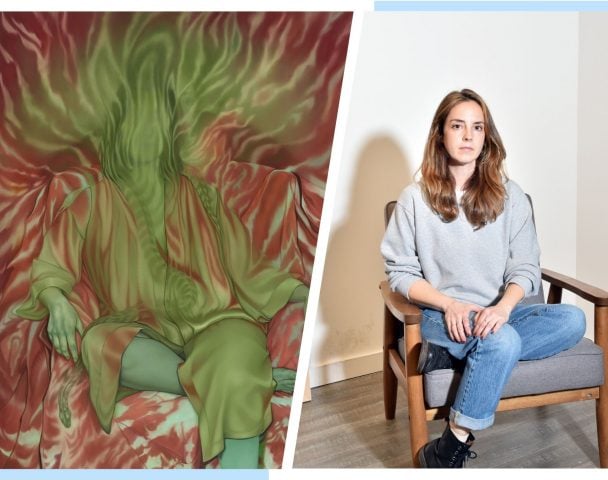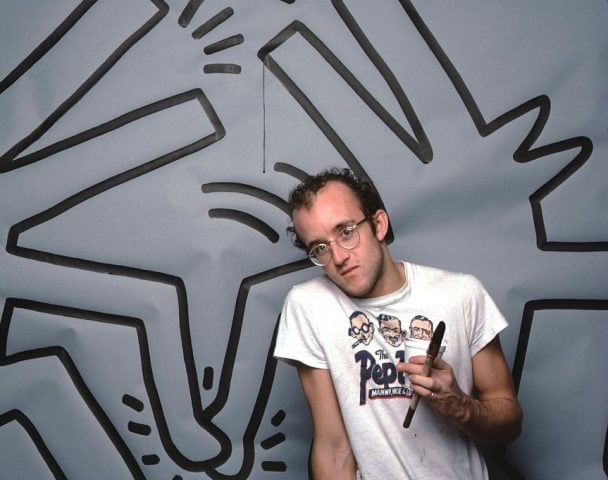
Photo: via Daily Mail/ Corbis.
A new study reveals (unsurprisingly) that students studying the arts have more sex than those majoring in computer science and dentistry, reports the Daily Mail.
According to a survey by British student newspaper The Tab, 10 percent of computer scientists currently in higher education are still virgins whereas only one percent of students in the arts haven’t, well, you know.
In the survey, 11,549 students were asked about their bedroom activity, which was then broken down into which subject each student was majoring in.
Fifteen percent of students polled said they had had intercourse before the legal age of 15, while 19 percent said they were 17 years of age when they first had sex, and 22 percent said they were 18-years-old.
The highest percentage of virgins went to computer science while nine percent of physics students were still holding out. Dentistry clocked in five percent, and chemistry, law, engineering, geography and medicine were at four percent. The national average of virgins in Britain is five percent.
Art and sociology pupils were most likely to have had sex with one percent retaining virgin status, while history of art, philosophy, languages, business, and politics followed with just two percent of students disclosing their virginity. In the same survey, it was also revealed that by the time students reached the middle of their higher education, they already have had an average of 8.2 sexual partners.
But for the science majors, the payoff takes a few more years. Although the survey shows being geeky in university doesn’t make you the most successful in acquiring sexual conquests it definitely rewards in (actual) dividends later. According to Forbes, the highest earning college degree is engineering and computer science, with humanities and social sciences (re: arts) at the bottom.





